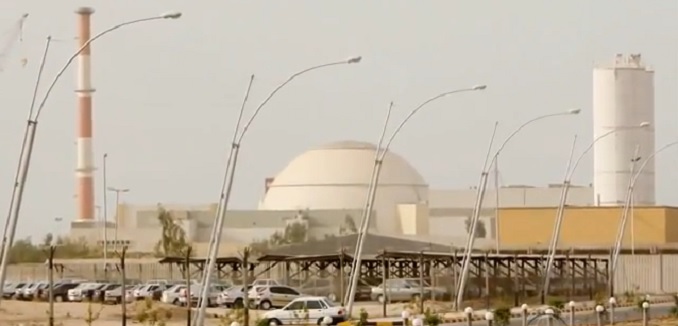Reuters reported Wednesday afternoon that Russia and Iran were advancing on a scheme that would see the Iranians bartering roughly 500,000 barrels of oil a day in exchange for Russian goods, a plan that the outlet said would “enable Tehran to boost vital energy exports in defiance of Western sanctions” and which the White House had previously gone so far as to identify as the source of “serious concerns.” Iranian officials reportedly estimate that the oil-for-goods deal would be worth $20 billion to the Islamic Republic, gifting Tehran with revenue far beyond what was envisioned by the partial sanctions relief provided by the interim Joint Plan of Action (JPA).
“The deal would ease further pressure on Iran’s battered energy sector and at least partially restore Iran’s access to oil customers with Russian help,” said Mark Dubowitz of Foundation for Defense of Democracies, a U.S. think-tank.
“If Washington can’t stop this deal, it could serve as a signal to other countries that the United States won’t risk major diplomatic disputes at the expense of the sanctions regime,” he added.
Diplomatically, the move would be read as in tension with State Department talking points – shared with lawmakers and journalists – insisting that Russia would “compartmentalize” tensions over Crimea and continue to back Western efforts to secure Iranian nuclear concessions. Substantively, the deal would deepen increasingly trenchant concerns that Washington had lost control of the partial sanctions relief provided by JPA, and that the patchwork of restrictions is in danger of coming undone.
Both issues directly implicate renewed moves on the Hill to reassert a Congressional voice in negotiations with Iran. Bipartisan majorities of lawmakers in both parties have long sought to pass legislation that would impose financial pressure on Iran in the future should negotiations fail to convince Tehran to verifiably put its atomic program beyond use for weaponization.
The White House fought something of a political war against those efforts, arguing that new legislation would cause divisions between the West and Russia, and that in any case no new pressure was needed because the sanctions regime was holding. A scenario under which Russia split from the West to bust the sanctions regime would likely complicate the administration’s arguments.
[Photo: Jackass Jane / YouTube]




